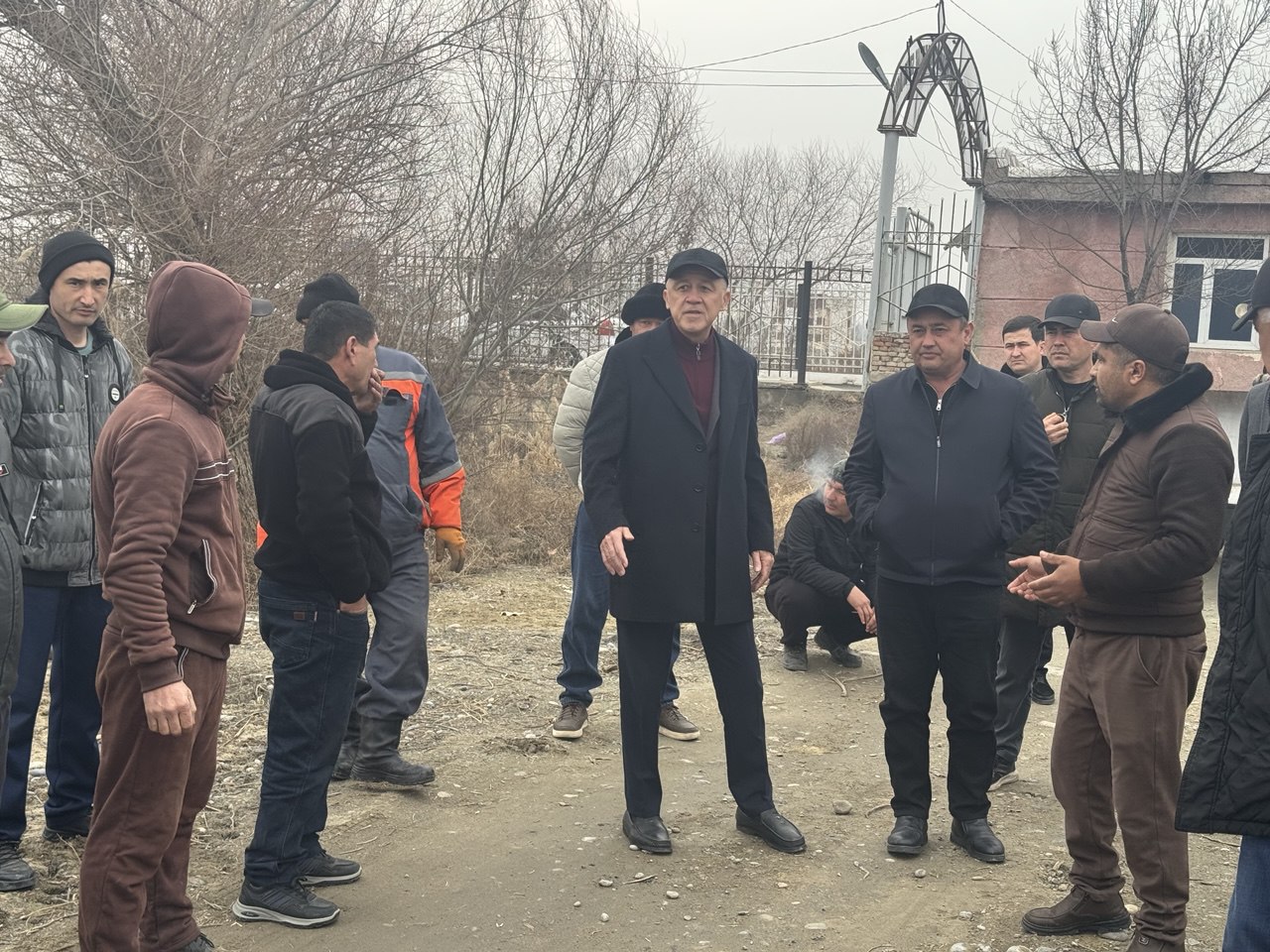32 percent of the appeals received by the Ombudsman concerned social rights, 29 percent — economic rights, 17 percent — personal rights and freedoms, 14 percent — the right to appeal, 1.4 percent — environmental rights and 7 percent — appeals in other areas.
An analysis of appeals by region, taking into account the population, showed that the largest number of questions falls on Kashkadarya and Surkhandarya regions, as well as the city of Tashkent.
It should be noted that last year, a mobile application was launched for the convenience of citizens ombudsman.uz. It has created an opportunity for quick and convenient registration through the OneID identification system, sending requests and receiving responses to them, receiving online consultations, as well as getting acquainted with news and statistical data.
Based on the results of the analysis of appeals and the results of monitoring visits, 9 analytical reports were submitted to the Houses of Parliament, 5 analytical reports to the Cabinet of Ministers, as well as 182 impact measures in the form of submissions, conclusions, lawsuits and demands to government agencies, organizations and courts.
According to the results of consideration of appeals by the Ombudsman, more than 4.12 billion soums were recovered in the interests of citizens.
Of these: – 1.83 billion soums account for wages and labor relations, over 1.49 billion soums for debts, compensation and other legal relations.
Alimony payments in the amount of about 409 million soums were also collected, and on the recommendation of the Ombudsman, social assistance in the amount of 460.5 million soums was provided.
With the assistance of the Ombudsman, unrealistic debts of citizens in the amount of 85 million soums were eliminated. Administrative fines amounting to 64.5 million soums were lifted.
The labor rights of 33 citizens have been restored. 63 persons were provided with jobs. In 12 cases, the applicants' pension rights were restored.
With the assistance of the Ombudsman, the property rights of about 20 citizens were restored.
Based on the Ombudsman's appeal, assistance was provided to almost 120 citizens in need of social protection.
According to the results of the study of citizens' appeals, 67 employees of a number of government organizations and departments were "reprimanded" for irresponsibility in their activities. A fine was applied to 8 officials. 7 officials were dismissed from office. The actions of 2 officials were evaluated and referred to the administrative court.
29 employees of the internal affairs bodies were "reprimanded". Disciplinary measures were applied against 13 employees. 6 employees have been relieved of their duties.
According to the results of consideration of the appeals sent to the Ombudsman, criminal cases have been initiated in the interests of citizens in 14 cases. In 23 cases, the decisions on the refusal to initiate criminal proceedings were canceled. 26 officials were brought to administrative responsibility. In two cases, criminal cases were terminated in the interests of citizens.
Based on the Ombudsman's appeal on the application of the principle of humanity, the relevant courts changed the preventive measure against 4 accused to a more lenient one, 4 convicts were transferred to colonies located closer to their place of residence. Assistance was provided in providing financial and social assistance to the families of 17 convicts and prisoners.
A special medical examination was carried out on 32 people serving their sentences, 18 of them were hospitalized for treatment.
Also, in 2024, in order to prevent torture, 902 monitoring visits were carried out to closed institutions where persons with limited freedom of movement are held, and collective interviews with more than 10,000 convicts and 4,835 individual interviews were conducted.
Following the results of monitoring visits led by the Ombudsman to closed institutions where persons with limited freedom of movement are held, based on the Ombudsman's recommendation, a women's department with 50 beds was opened at the specialized hospital for convicts No. 23.
Together with the Ministry of Health and the Department of Corrections under the Ministry of Internal Affairs, an action plan has been developed to develop regulatory legal acts providing for the procedure for outpatient monitoring of persons with mental disorders and the provision of preventive medical care to female convicts in a specialized hospital.
The drug treatment dispensary in Takhiatash district of the Republic of Karakalpakstan, which was in poor condition, was moved to a building with proper facilities.
The neuropsychiatric dispensary No. 2 in the Ellikkala district has been renovated, meeting rooms and a psychotherapy room have been created.
The temporary detention facilities in Bostanlyk district of Tashkent region, Yangier city of Syrdarya region, Sherabad district of Surkhandarya region, Khodjeyli and Chimbay districts of the Republic of Karakalpakstan and Jizzakh region were repaired and provided with necessary items.
Based on the recommendation of the Ombudsman, facilities for long-term visits were created in pre-trial detention facilities No. 1 in Tashkent region, No. 4 in Bukhara region, No. 11 in Khorezm region and No. 9 in Surkhandarya region. The repair of some temporary detention facilities in Kashkadarya region is included in the 2025 plan.
Based on the measures introduced in the form of documents and recommendations based on the results of monitoring visits for identified deficiencies, 56 employees were reprimanded, 2 employees were fined, and 3 employees had their employment contracts terminated.
In the Republic of Karakalpakstan, Navoi, Bukhara, Syrdarya, Surkhandarya, Khorezm and Samarkand regions, doctors of a narrow profile conducted a medical examination of about 6,000 convicts and prisoners.
Press Service of the Commissioner of Oliy Majlis for Human Rights (Ombudsman)























